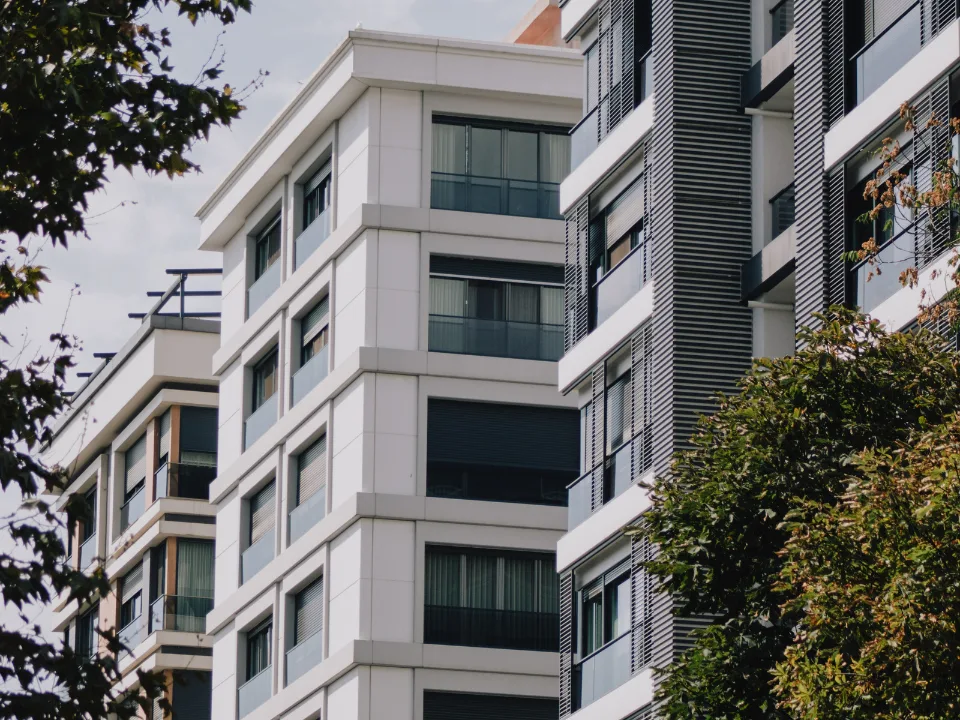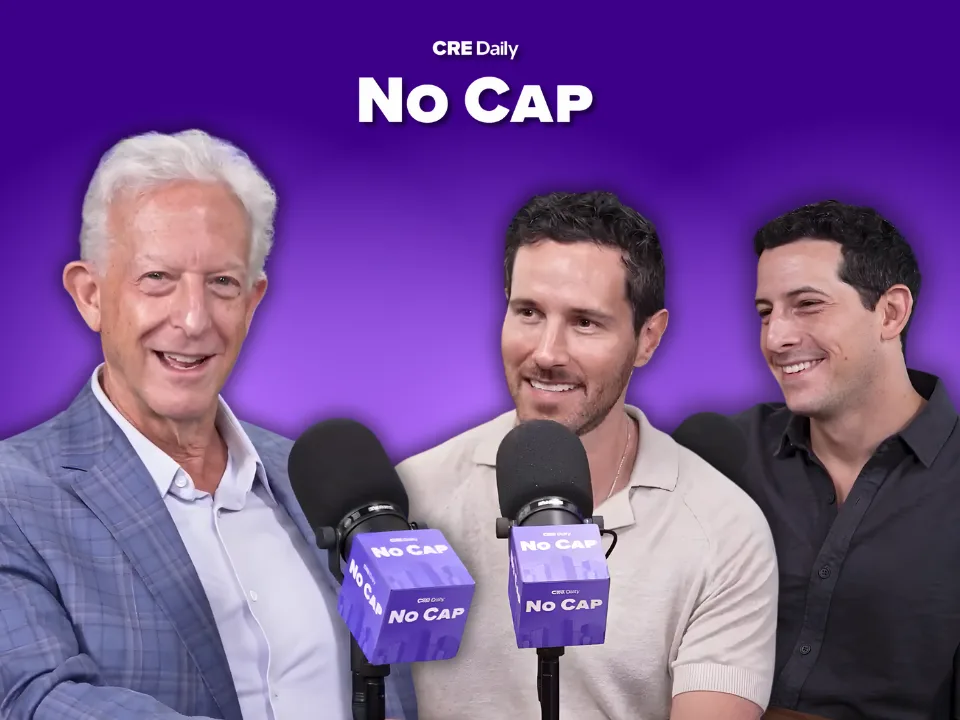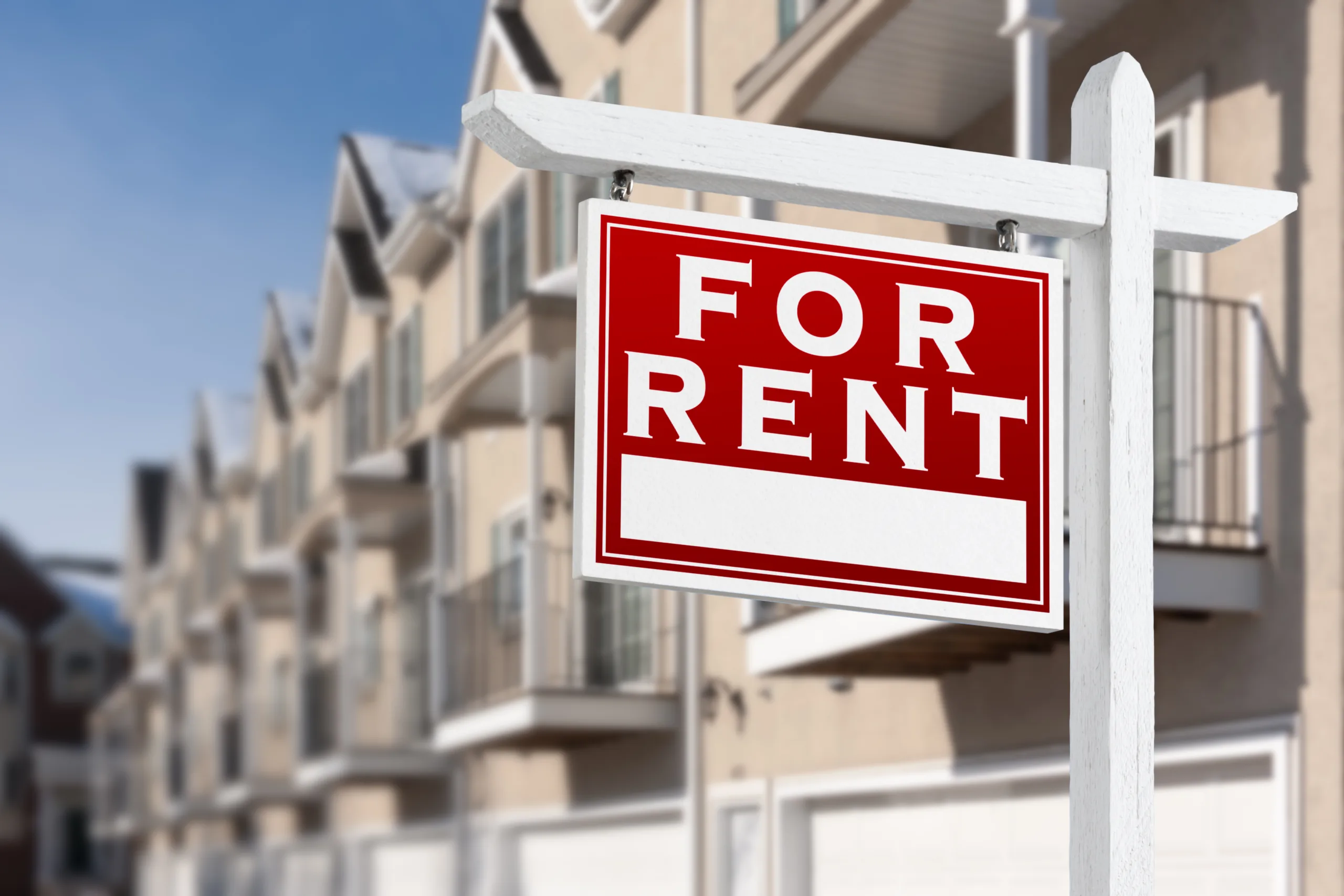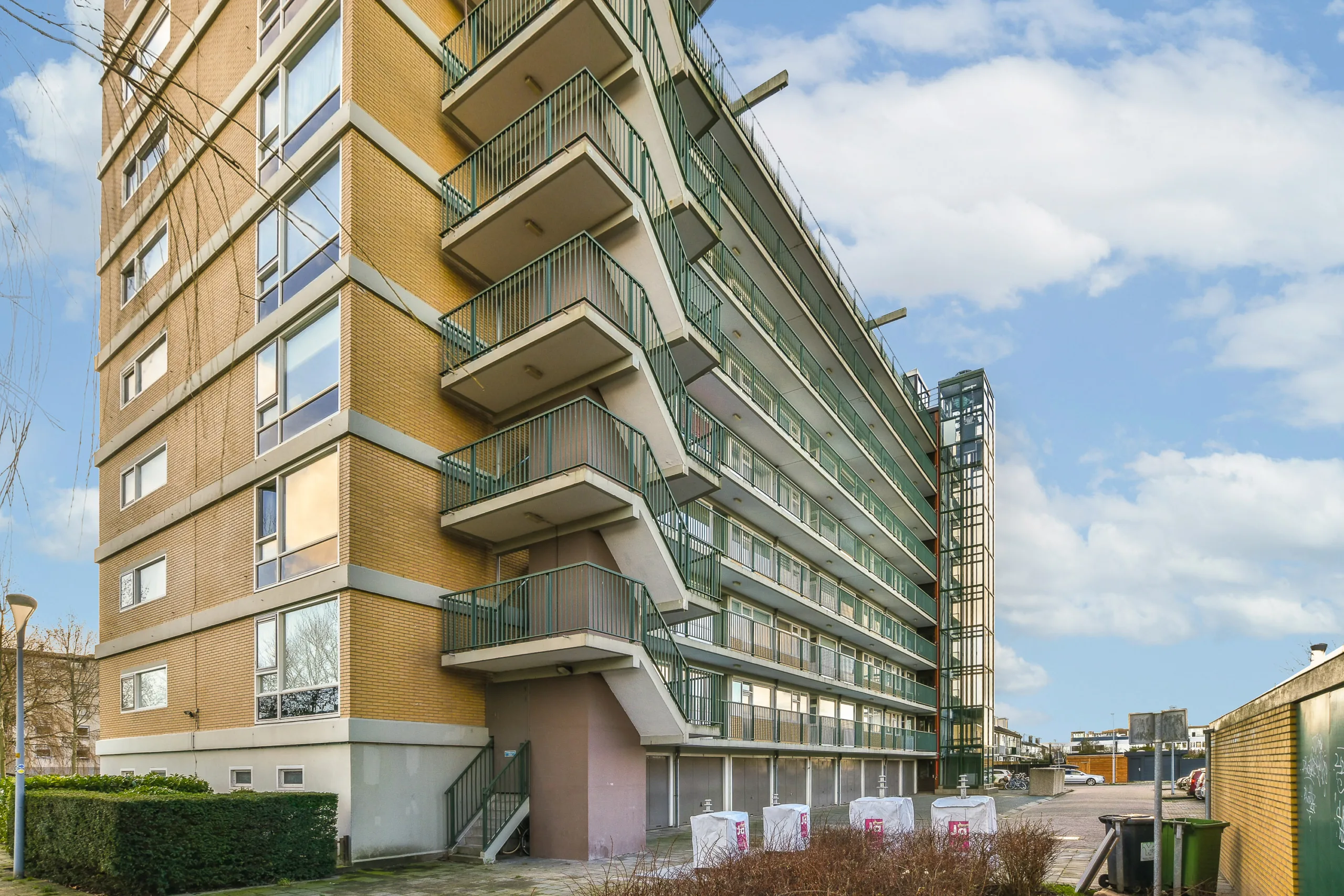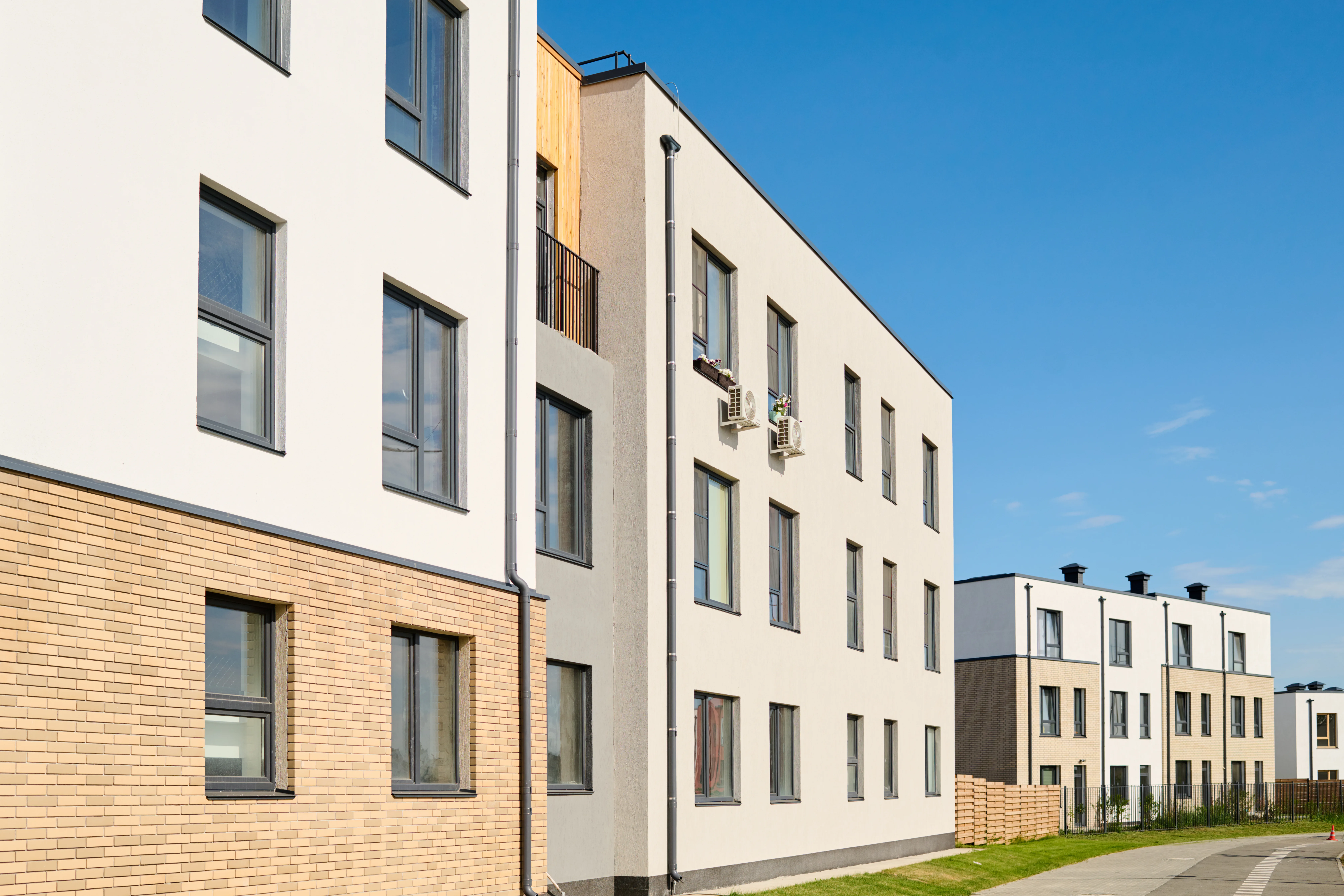Season 4 of the No Cap Podcast continues with Cliff Booth, Chairman and Founder of Westmount Realty Capital, a Dallas-based firm with more than four decades of investing across multifamily, industrial, and office.
Booth joins hosts Jack Stone and Alex Gornik to share how he built Westmount from a single Dallas renovation into a national platform spanning 15 markets—and the lessons he’s learned surviving every cycle since the 1980s.
He recounts how Westmount’s roots trace back to his family’s move from Montreal to Texas, why the savings and loan crisis created his biggest early opportunities, and how disciplined buying and deep industrial expertise became the firm’s edge. Booth also dives into cold storage, the path of development in Dallas, and why he’s betting on San Francisco’s comeback.
Conversation Highlights
Jack: You’ve built one of Dallas’ most recognized private real estate platforms. How did it all start?
Cliff Booth: My family was in the antiques and art business in Montreal. We moved to Dallas in 1979, bought and renovated a Victorian building across from what’s now The Crescent—and that was my first real estate deal. I made more on that one deal than years in the antique business, and that’s how my real estate career began.
Alex: How did you learn the business?
Booth: I got my real estate license, took classes, and learned by doing. Dallas in the ’80s was the Wild West—interest rates high, S&Ls collapsing—but that created massive opportunity. We bought distressed assets from failed institutions and the RTC, often all cash. That period kickstarted my career.
Jack: What types of properties did you focus on early?
Booth: Mostly industrial and multifamily. You had to roll up your sleeves—risky deals, rough buildings, bad information—but if you bought right and worked hard, it paid off. We bought industrial for $20 a foot, multifamily for under $20K a door. Those deals built Westmount.
Alex: How did you decide where to invest in Dallas?
Booth: You could feel where growth was going. Uptown exploded after The Crescent. We also went south when others wouldn’t—and did well. Later, RTC packages took us to new markets like Atlanta, Chicago, and Colorado Springs. That’s how we grew nationally.
Jack: Today Westmount is in 15 markets. What’s the current portfolio mix?
Booth: We’re about two-thirds industrial and one-third multifamily. Industrial has been our bread and butter for 40 years. We like multi-tenant infill—near airports, highways, major distribution corridors. That’s our playbook.
Alex: You were in industrial long before it became hot. What did you see early on?
Booth: It’s stable, lower capex, and durable in tough times. E-commerce gave it a boost, but we believed in it long before Amazon. The fundamentals—location, access, flexibility—always made sense.
Jack: You mentioned cold storage. What’s happening there?
Booth: We’ve owned and converted cold storage for decades. Most product is outdated and user-owned, so we’re now developing new cold storage in Dallas. Demand keeps growing—from groceries to flowers to pharmaceuticals.
Alex: Let’s talk multifamily—how are you viewing it now?
Booth: Rent growth cooled, but long term the US is still undersupplied. We’re cautious but optimistic. You can’t rely on aggressive rent assumptions—just buy right, underwrite honestly, and use fixed debt whenever possible.
Jack: You’ve been through multiple downturns. What’s your biggest lesson?
Booth: Most real estate problems come down to debt. If you avoid overleveraging, you’ll survive any cycle. The basics always apply—sound underwriting, patience, and discipline.
Alex: Final thoughts on today’s market?
Booth: It’s more competitive than ever. Debt is available again, equity is still tight. But if you’re careful, disciplined, and buy real estate that makes sense, there’s still opportunity. We’re not folding up the tent—we’re expanding.
Watch the full episode on our YouTube Channel or your favorite podcast app.
Tune in weekly for new episodes of No Cap by CRE Daily!
